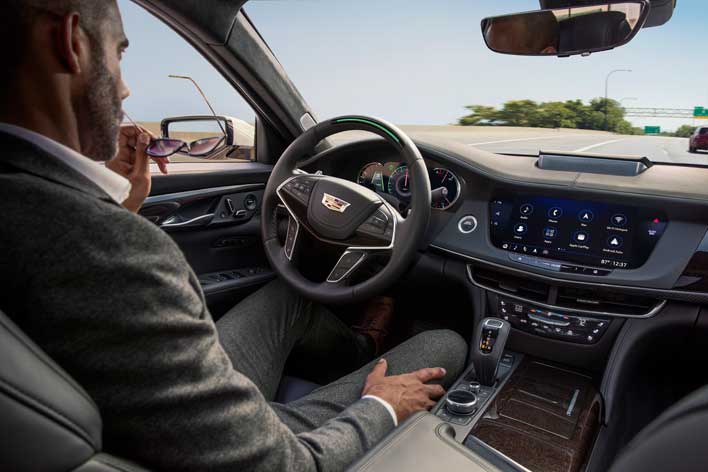NVIDIA Joins GM And Toyota To Develop New Hardware, Software Platform For Autonomous Vehicles

Every new technology experiences growing pains; there is typically a period of innovation and then a period of standardization. The autonomous vehicle market is no exception. Industry leaders recently agreed to establish a common hardware and software platform for autonomous vehicles.
The new Autonomous Vehicle Computing Consortium (AVCC) was announced at Arm TechCon 2019. This consortium includes leaders from companies such as Arm, Bosch, Continental, DENSO, GM, NVIDIA, NXP Semiconductors, and Toyota. They hope that other automotive and technology companies will join the consortium in the future.
Dipti Vachani of Arm remarked, “The future of mobility and the safe, scalable deployment of advanced driver assistance systems to fully autonomous vehicles for mass production requires unprecedented industry collaboration.”

The purpose of the AVCC is to develop recommendations for a “system architecture and a computing platform”. Autonomous vehicles are limited by their size, temperature range, energy consumption, and safety requirements. These limitations can seriously restrict large-scale development and distribution. Members of the AVCC are therefore dedicated to overcoming these particular challenges. They plan to work with the automotive industry to not only create a framework, but to share this information with others.
Each company is bringing their own specialty to the table. For example, the NVIDIA team noted that they are eager to work on a “high-performance AI platform to process sensor data and achieve the highest levels of safety”. Representatives from each company noted that innovation will be the key to success in this up-and-coming industry.
NVIDIA is on Team AVCC, but it also recently rolled out their own DRIVE AGX DevKit. The kit provides software and hardware for autonomous vehicles. In particular, the included DRIVE AGX Xavier car computer helps connect the platform to the car, international power supply, camera sensor, and other accessories. The entire platform is open and scalable so that companies can build and enhance their own programs. Several companies have been working with the kit since the beginning of 2019, but the program was officially launched last week.
The AVCC is brand new, and it is unclear what their architecture will look like or how it will be shared. It will be interesting to see how their program develops over the next couple of years.

